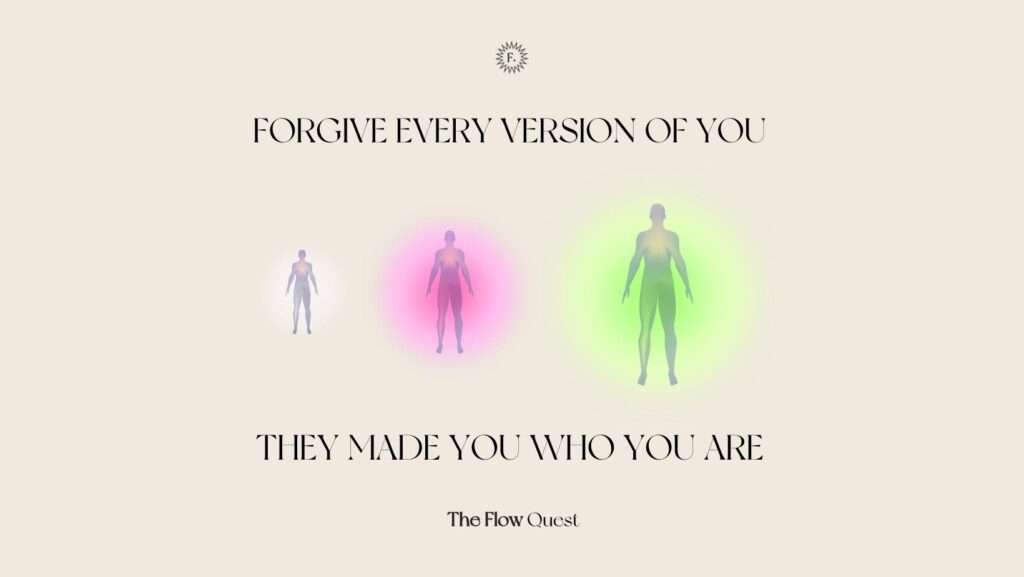Each one of us are unique individuals with our own sets of thoughts, emotions, patterns, and behaviours. In a relationship, there is more than one person who has a set of their own. So, how do we find an equilibrium of sorts in relationships where each persons internal experience is seen, heard, understood, and validated? I think, when it comes down to it, we really have to start with ourselves and a great way we can do so is by practicing mindfulness. When we practice mindfulness we consciously bring awareness to the present moment without judgment. Once we are able to bring awareness to our own lived experience, we are able to share awareness with someone else in a much more connected and embodied way. Ultimately, practicing mindfulness allows us to extend compassion, build closer connection, and foster strong communication with our partners.
Compassion
The practice of mindfulness can help you develop greater compassion for your partner and for yourself. Being mindful in relationships means being present and non-judgmental in the present moment which opens up space for understanding and acceptance. When we understand and accept our own emotions and thoughts, we are able to understand and accept those of others with compassion. Mindful awareness helps us understand and empathize with the experiences, perspectives and emotions of someone else in a completely new way. When we are able to extend this kind of compassion, we are able to cultivate love and connection.

Connection
Feeling safe and understood by a partner is an intimacy like no other. The vulnerability shared in loving and compassionate relationships breeds connection. We create room for deeper emotional and physical connection when we are present and attentive. Life can get busy and pull our attention in every which way between work, responsibilities and even with social media consumption. But, when we are mindful and fully engaged with someone, we let them know we see them and care for them. This connection can open up all kinds of new lines for meaningful communication.
Communication
Compassion and connection with those we love build the foundation for strong communication. When we practice mindfulness we are able to communicate our needs and feelings clearly and truthfully. Naturally, most of us have certain emotional patterns that we can fall into based off of past triggers, experiences, or insecurities. When we become aware of our own behavioural patterns, we are able to recognize why we may be experiencing or viewing something through a certain lens and talk about it. The combination of this kind of awareness, safety, and vulnerability helps in navigating any potential misunderstandings. We are also able to receive and empathize with our partners needs and feelings more effectively. How cool is that? Imagine being able to express and receive in this type of way with someone.
Think of the relationship you currently have with your partners or think of the relationship you seek to have. What do you think would make you feel seen and fulfilled in that relationship? Chances are it is when compassion is shared, connection is felt, and communication is unwaveringly strong. You are worthy of that relationship that supports your growth and makes you unequivocally happy. Thats not to say relationships centred in mindfulness equal sunshine and rainbows all the time. But, it does mean that you are not only allowing yourself to love and be loved, but to be profoundly supported and understood.
Affirmations for Love:
- I am deeply loved and grateful for the way it surrounds me
- I am free to be myself in my relationships
- My partner and I have excellent communication
- I feel connected to myself and others
- I practice compassion daily and can view things from a different perspective
- I easily align with the energy of love
Sources & Suggested Resources
- How To Love By Thich Nhat Hanh
- The Mastery of Love By Don Miguel Ruiz
- 8 Rules of Love: How to Find It, Keep It, and Let It Go By Jay Shetty

































